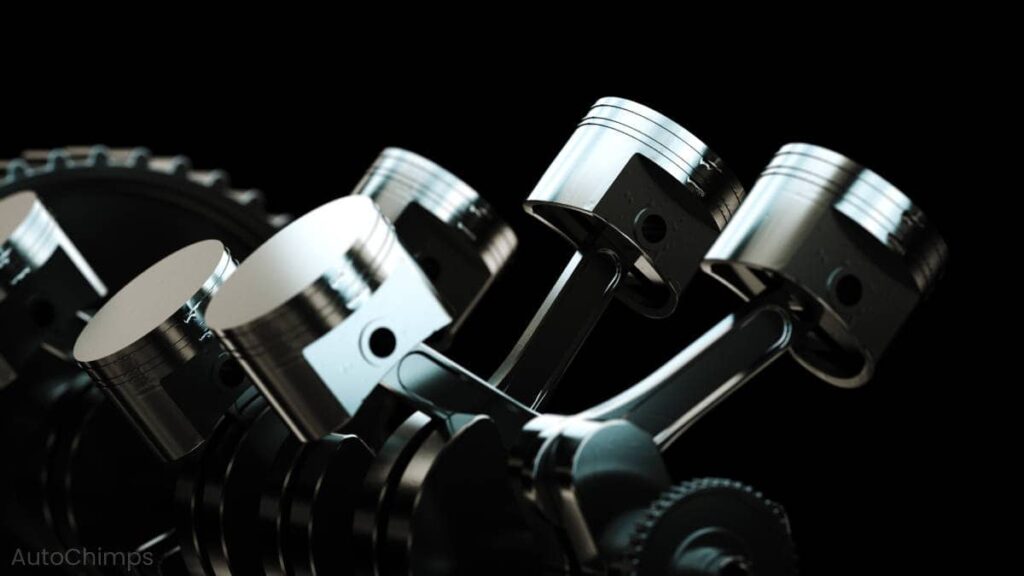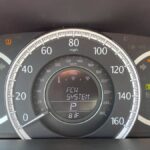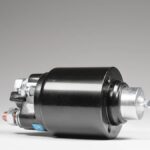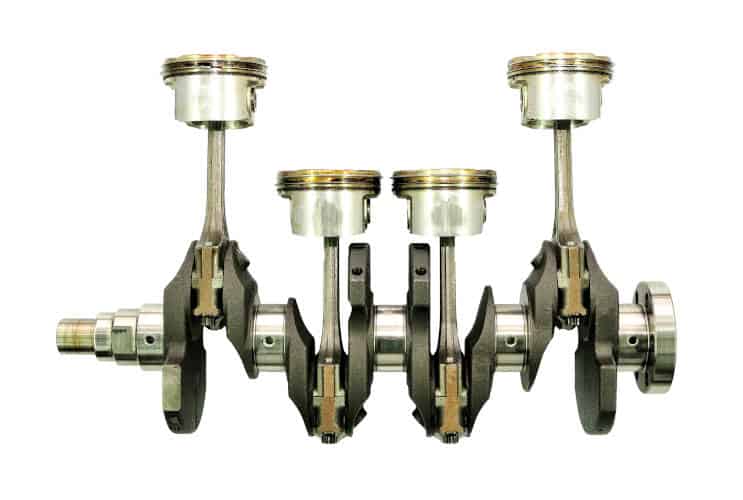
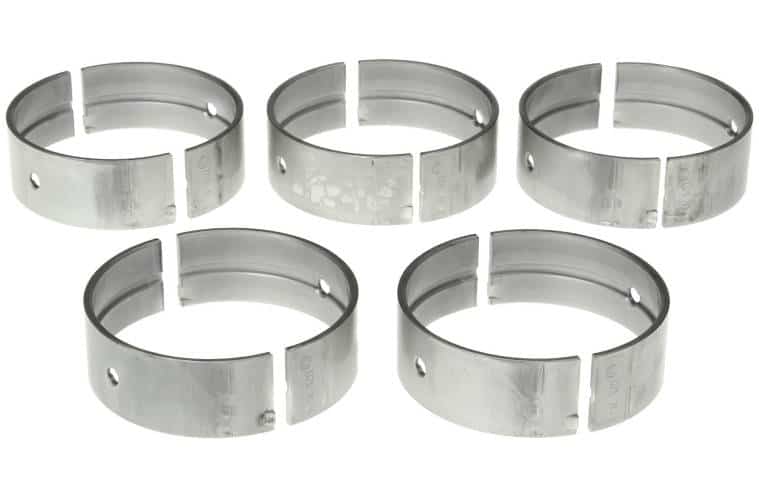
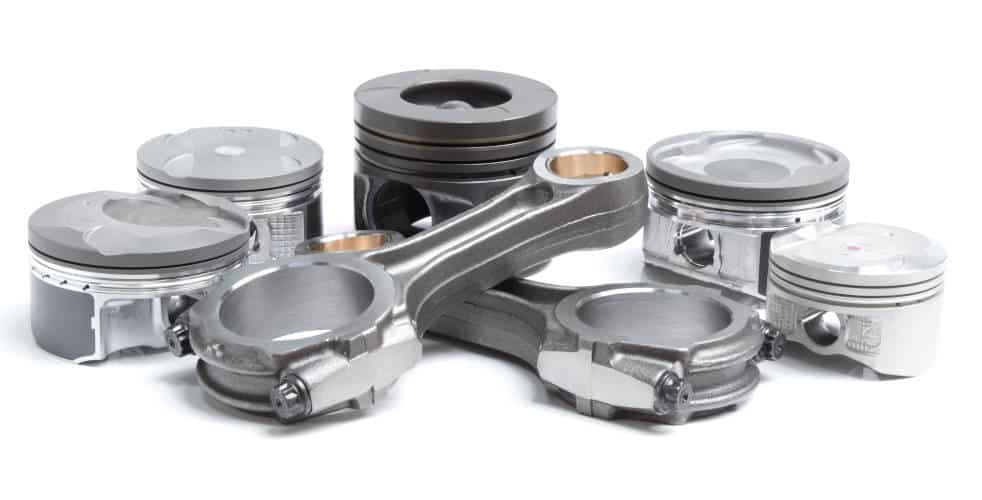
Knock-Knock: Is Your Engine Trying to Tell You Something?
If there’s a tapping noise coming from under the hood, it’s no laughing matter. That sound could mean trouble, and it’s time to dig into what’s causing it and what can be done.
What’s This Rod Knock Everyone’s Talking About?

Engines create power through tiny explosions inside cylinders—think of it like a mini cannon firing away. Each cylinder has a piston that moves up and down thanks to these explosions. The pistons connect to the crankshaft via connecting rods. The crankshaft spins, turning that up-and-down action into the rotational motion that drives the wheels.
Now, rod knock happens when the crankshaft journal and the bearing collide. This means there’s too much space between the two, leading to a repetitive thumping sound. The faster the engine revs, the quicker that knock will hit your ears.
What Causes Rod Knock?

The main culprit behind rod knock is usually a spun bearing. This happens when the rod bearing locks up, widening the gap and causing that annoying knock every time it goes around.
So, what can cause a bearing to misalign? A few things can throw a wrench in the works:
- Not enough lubrication
- Debris in the oil
- Low oil pressure
- Heavy loads on the engine
- Excessive heat
To keep rod knock at bay, it’s smart to change oil and spark plugs regularly and fill up at reliable gas stations. And if a knocking sound pops up, it’s best to ease off the gas.
How Much Will Engine Rod Repairs Cost?

The price tag for fixing rod knock can vary based on a few factors:
- How long the knocking has been going on
- The level of damage
- If it’s a high-performance engine
- If the engine can be saved
Finding out that an engine needs a rebuild can sting, costing anywhere from $2,500 to $4,000. If it’s a total loss, a replacement could hit $10,000 or more.
For typical repairs, expect to fork out around $2,000 to $3,000 for parts and labor. This usually involves swapping out seals, gaskets, connecting rod bearings, and cylinder head bolts, plus flushing the engine and cooler lines.
But if the damage is extensive, there might be more parts to replace, like pistons, connecting rods, camshaft bearings, timing chains, or even the crankshaft.

